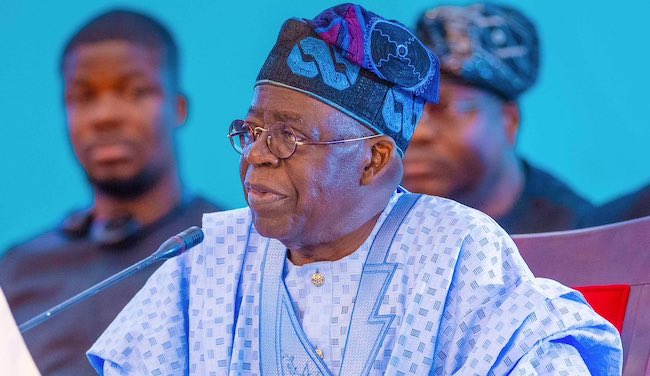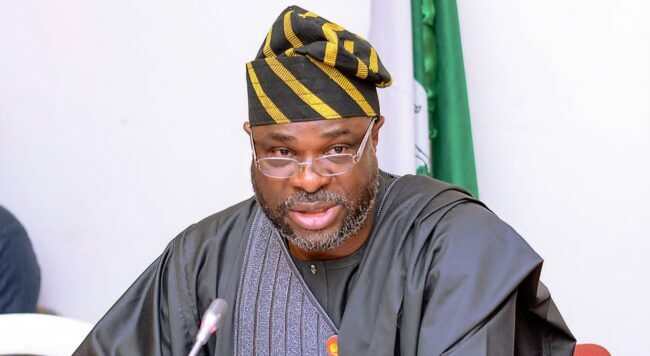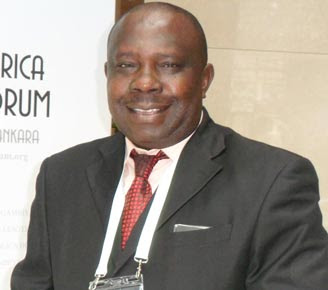IBADAN: The Newborn Screening Consortium–Nigeria (NSC-N) has emphasized that newborn screening is a critical public health initiative designed to identify genetic and congenital conditions that can be effectively managed if detected early.
The event, themed ‘Integrated Newborn Screening in Nigeria: The Way to Go’, addressed the urgent need for a comprehensive newborn screening (NBS) system in the country.
In a communiqué signed by the Consortium Secretary, Dr. Bose Orimadegun, and Workshop Co-Coordinator, Dr. Olumuyiwa Folayan, on behalf of the association, NSC-N stated that diseases such as congenital hypothyroidism (CHT), phenylketonuria (PKU), and sickle cell disease (SCD) are conditions that, if left undiagnosed in newborns, could lead to severe health consequences, including brain damage and early mortality.
“Newborn screening is not just a test; it is a life-transforming system that requires coordinated efforts from diagnosis to long-term follow-up,” Dr. Orimadegun stated.
Some of the critical resolutions reached by the Consortium are as follows:
Adopting International Standards: Participants endorsed the World Health Assembly resolution on universal newborn screening.
Starting with Priority Conditions: Nigeria will commence screening for congenital hypothyroidism and sickle cell disease, leveraging technologies like tandem mass spectrometry.
Policy and Advocacy: A call was made for robust advocacy to position NBS as a national health priority, with the development of clear policies and guidelines.
Capacity Building: Training programs for healthcare workers and public awareness campaigns were deemed essential for success.
Public-Private Partnerships: Collaboration with private sectors was encouraged to support infrastructure development and sustainability.
NSC-N lamented that inadequate funding and policy support, limited infrastructure such as laboratories and healthcare facilities, lack of capacity for effective screening and follow-up, and low public awareness are some of the challenges affecting newborn screening in the country.
The workshop concluded with a strong commitment from all stakeholders to support government efforts and foster partnerships aimed at implementing a sustainable NBS program.
The event brought together a diverse range of stakeholders, including healthcare professionals, policymakers, researchers, and international partners such as the World Health Organization (WHO) and Revivify, Inc. Notable speakers included Dr. Ayesha Da Costa from WHO, Professor Jim Bonham, President of the International Society for Newborn Screening (ISNS), and Professor Inusa Baba from King’s College London, among others.

 18 hours ago
3
18 hours ago
3















